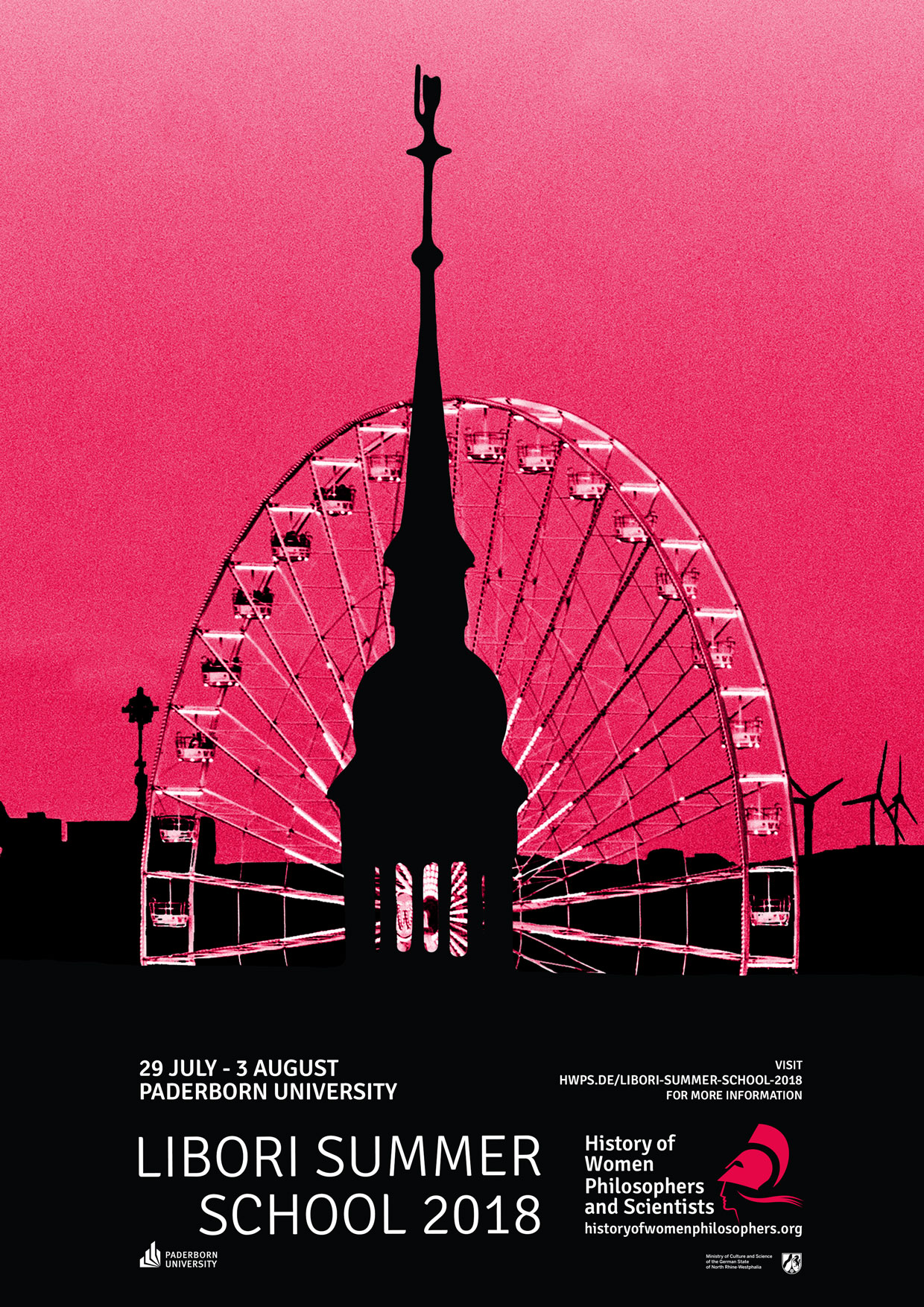
Women in Communism
Summer School | 11:30 AM - 5:00 PM | Center for the History of Women Philosophers and Scientists
Lecturers: Luka Borsic, Ivana Skuhala Karasman
Location: L3.204, Paderborn University
Socialist Feminism professes that a complete emancipation of women is achieved through the abolition of economic and cultural sources of women’s oppression. This, according to some, represents the synthesis of the arguments of Marxist feminism about capitalism as a source of oppression of women and the arguments of radical feminism on the role of gender and patriarchy. Marxist Feminism starts from the assumption that the abolition of capitalism as a socio-economic system is the only way women can relieve oppression. According to Marxist feminism, gender inequality is the product of the capitalist mode of production.
The result of such theoretical considerations for women was that the levels of employment and education increased in most communist states. In the 1950s, ‘60s, and ‘70s it was generally believed that communism was fairer and more advanced for women’s equality than capitalism. However, in the 1980s, alongside the political and economic collapse of communist states, a question mark was put over alleged success of addressing the “woman question” in communism.
Was the collapse of communism also a sign of the victory of the “second wave” feminism against socialist feminism? Or, was socialist feminism a collateral victim of historically politico-economic change of paradigm?
In this course we are going to explore position of women in communism. We will consider this topic from three different perspectives:
- the position of women in communism as a socio-philosophical theory;
- the position of women in concrete communist states;
- the position of women in post-communist milieu.
All interested parties are welcome to apply! Visit: Libori Summer School 2018

- DATE
- 30 July - 3 August 2018
- TIME
- 11:30 AM - 5:00 PM
- COSTS
- none
- PLACE
- L-Building, Uni-Campus
-
Warburgerstr. 100
Paderborn, 33100 Germany -
Campus Map
Google Map
- INSTITUTION
- Center for the History of Women Philosophers and Scientists
- ATTACHMENTS
- ACCOMMODATIONS
-
Campus Lounge









 share
share tweet
tweet